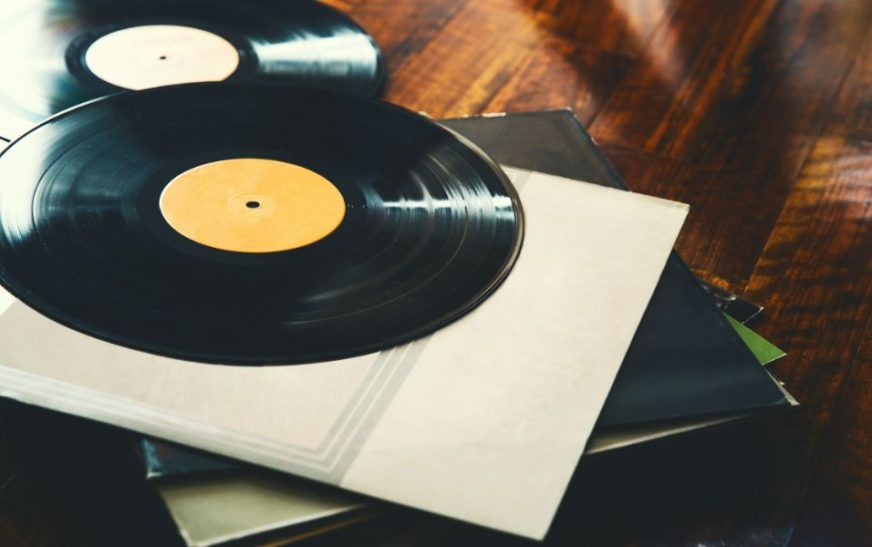The world of music collecting has undergone a profound transformation in the digital age. With the advent of the internet, music enthusiasts can now access and collect music like never before. In this comprehensive exploration, we’ll delve into the digital revolution of music collecting, examining how technology has changed the way we acquire and enjoy musical treasures.
The Birth of Digital Music
The shift from physical to digital music began in the late 20th century. It all started with the digitization of music, turning analog sounds into binary code. This leap in technology paved the way for an era where we could carry entire music libraries in our pockets.
The Rise of Streaming Services
The music industry saw a major disruption with the rise of streaming services. Platforms like Spotify, Apple Music, and Pandora allowed users to access millions of songs instantly. The ease of streaming changed how we discover and enjoy music.
Digital Music Stores
Digital music stores like iTunes and Amazon Music made it possible to purchase and download individual tracks or full albums. These stores gave music lovers the flexibility to own their favorite music.
Music Blogs and Forums
The internet also brought about a thriving community of music blogs and forums. These spaces provide recommendations, reviews, and discussions, helping collectors discover hidden gems.
Music Piracy and Copyright Issues
The digital revolution in music collecting wasn’t without its challenges. Piracy became rampant, raising concerns about artists’ revenue. Copyright issues and illegal downloads posed a significant threat to the industry.
The Revival of Vinyl Records
Surprisingly, while digital music thrived, there was a resurgence of interest in vinyl records. Audiophiles and collectors turned back to the warm analog sound, sparking a vinyl revival.
Mobile Apps and Music Collecting
Mobile apps have made music collecting a portable experience. Apps like Discogs and MyVinyl allow users to catalog and organize their music collections on the go.
Virtual Reality (VR) and Music Collecting
The future of music collecting might involve virtual reality. Imagine walking through a digital record store or concert hall and interacting with your music collection in a whole new way.
Social Media and Music Collecting
Social media platforms have become essential for sharing and discovering music. Music enthusiasts connect, share playlists, and explore new genres through platforms like TikTok, Instagram, and Twitter.
Data Analytics and Music Recommendations
Today, data analytics and machine learning play a significant role in suggesting music to listeners. Algorithms analyze our listening habits to offer personalized recommendations.
Final Words
The digital revolution of music collecting has completely reshaped the way we engage with music. From the convenience of streaming to the nostalgia of vinyl, it’s a dynamic and ever-evolving landscape. As we move forward, it’s essential to address piracy issues and ensure artists are compensated fairly. With the ongoing development of technology, who knows what the future holds for music collectors.
Commonly Asked Questions
Q1: What are the benefits of digital music collections over physical ones?
A1: Digital music collections offer portability and easy access to vast libraries of music. They also allow for convenient organization and instant playback.
Q2: How has streaming affected the music industry?
A2: Streaming has changed the music industry by making music more accessible but also raising concerns about artist compensation and piracy.
Q3: Are vinyl records making a comeback?
A3: Yes, vinyl records have experienced a revival in recent years, appealing to collectors and audiophiles for their analog warmth.
Q4: Can virtual reality enhance the music collecting experience?
A4: Virtual reality has the potential to revolutionize music collecting by providing immersive experiences like virtual record stores and concerts.
Q5: What role does data analytics play in music recommendations?
A5: Data analytics and machine learning analyze user preferences to offer personalized music recommendations, enhancing the music discovery experience.


























